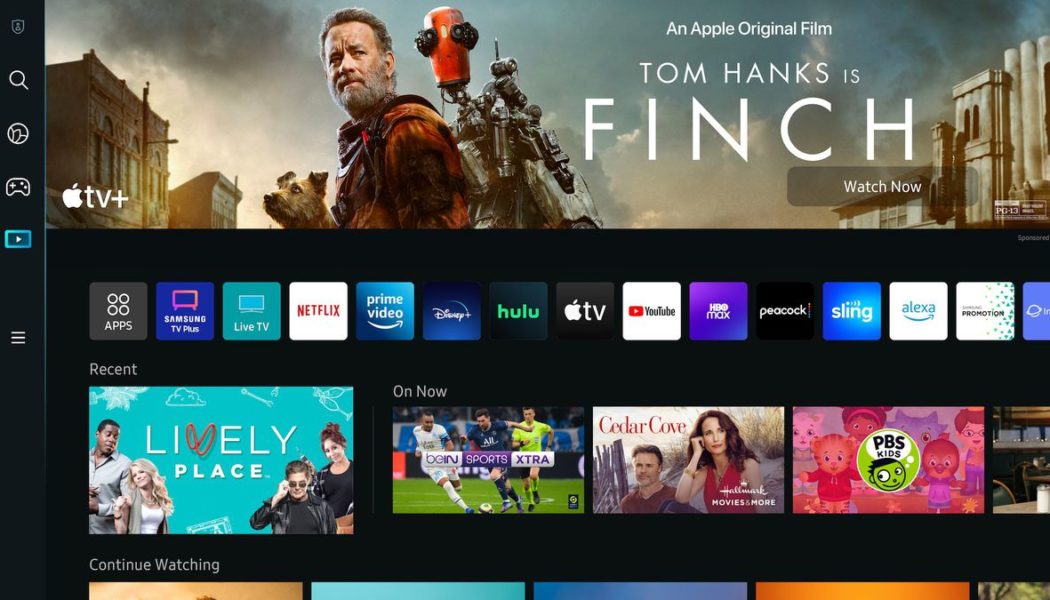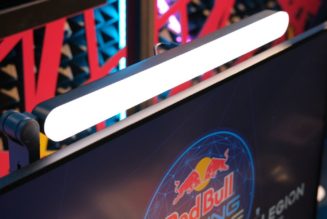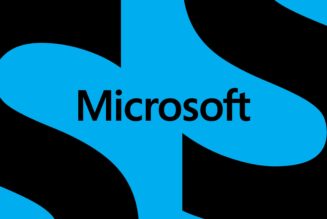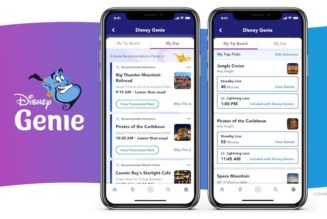Samsung introduced its first TVs with Mini LED technology at CES 2021, and they wound up being perhaps the best sets that the company has produced yet — not counting the exorbitantly priced The Wall, that is. So this year, Samsung is opting for a different approach: it’s taking smaller strides in hardware and focusing more of its efforts on software refinement and new features.
Samsung’s 2022 TVs will continue to run the company’s Tizen OS, but they’ll now come with a totally revamped home screen that’s described as “a testament to our vision for the future of TVs.” The first part of the new user experience is what Samsung calls the Media Screen. This will “put all of your streaming service content into one, easy-to-browse place” with a continue watching section that aggregates content “from any provider” — so Samsung claims, anyway. There will of course be personalized recommendations as well.
:no_upscale()/cdn.vox-cdn.com/uploads/chorus_asset/file/23140148/2022smarthub.jpg)
It all sounds very similar to Google TV and the Apple TV app; everyone wants to be your main portal for browsing entertainment, leaving streaming apps just to play the movies and shows you want to watch. The streaming services don’t always love this strategy; Netflix in particular has a history of pushing back against letting others curate its content, and as a result doesn’t participate in either Google TV or the Apple TV app.
Here are some other software additions coming in 2022:
- Watch Together: Samsung is expanding its multi-view feature to deliver what it claims is “the world’s first TV-based platform for experiencing live and streaming content with friends and family” remotely. You’ll be able to plug in a USB video camera or even use a smartphone or tablet’s camera for video chatting with those you’re watching with.
- NFT aggregation platform: Yes, NFTs are coming to the living room. Samsung’s the first major TV manufacturer to significantly put its weight behind NFTs. The company says it will provide “a groundbreaking platform that lets you browse, purchase, and display your favorite art — all in one place.”
MicroLED TVs come in new sizes, remain out of reach for normal people
Samsung is producing new models of its MicroLED displays that debuted several years ago as The Wall. For 2022, the company says MicroLED displays are now “bezel-free.” As always, the modular panel technology allows (extremely wealthy) customers to configure whatever screen size works best for their situation — topping out at an enormous 178 inches.
:no_upscale()/cdn.vox-cdn.com/uploads/chorus_asset/file/23140137/samsungmicro.jpg)
Aside from the custom jobs, Samsung also offers pre-made models of MicroLED TVs in 99- and 110-inch sizes. For 2022, the company is adding an 89-inch MicroLED TV to that lineup. There’s no pricing info as of yet, but you can expect MicroLED to continue to cost far more than even the nicest, biggest OLEDs on the market.
As a refresher, MicroLED shares many properties with OLED — the microscopic LEDs deliver self-emissive, pixel-level light control — but doesn’t come with the same downsides (like the “organic” part that can limit a panel’s lifespan or potentially lead to burn-in). It could succeed OLED if prices ever come down, but 2022 certainly won’t be the year that happens.
Samsung’s Mini LED TVs now look even better when bright
Since this will be just the second year that Samsung offers Mini LED 8K and 4K TVs as part of its “Neo QLED” line, the company isn’t making drastic hardware changes. And it doesn’t really need to, since last year’s sets represented a significant step up in contrast, black levels, and gaming performance. Samsung says it has “increased the luminance scale from a 12-bit to a 14-bit backlight — delivering significantly more accurate brightness” for the 2022 models. It calls this 14-bit HDR Mapping. And the TVs now use AI to analyze a scene and better separate the foreground subject from the background, creating a greater sense of depth.
Additionally, AI also helps produce adaptive “shapes of light” with the many backlight dimming zones to cut down on blooming and enhance brightness and contrast. Combined with 14-bit HDR Mapping, Samsung says this will bring out details that weren’t so obvious on last year’s Neo QLED TVs and make details pop more.
Sadly Samsung still isn’t getting on board with Dolby Vision in 2022. Maybe next year.
:no_upscale()/cdn.vox-cdn.com/uploads/chorus_asset/file/23140144/SamsungNEOQLED.jpg)
For the PC gaming crowd, Samsung says select models of its 2022 TV lineup will be capable of variable refresh rates up to 144Hz — up from 120Hz — and will be among the first TVs to support AMD’s FreeSync Premium Pro. All HDMI ports on the higher-end TVs will be 2.1 and support 4K 120Hz.
Most significant of all, the company is adding a new, more comprehensive Gaming Hub to this year’s TVs as another piece of the software improvements. My colleague Sean Hollister covers that feature more here. On last year’s models, Samsung had a gaming bar that let you see a game’s FPS or quickly adjust important next-gen gaming settings, but the new hub goes further and aims to be an all-in-one destination for both console and cloud gaming.
The upper-end TVs come with a bundle of audio features like Active Voice Amplifier, Object Tracking Sound (to make it seem like sound is actually coming out of the screen), and SpaceFit Sound for automatic calibration. But as ever, Samsung would prefer you pair its 2022 TVs with a range of soundbars and other home theater gear it’s also announcing at CES 2022. Stay tuned to The Verge for further coverage as all of the company’s latest products get closer to shipping in the coming months.









